

2018-04-07 09:36:00 Sat ET
technology antitrust competition bilateral trade free trade fair trade trade agreement trade surplus trade deficit multilateralism neoliberalism world trade organization regulation public utility current account compliance
Facebook CEO Mark Zuckerberg testifies in Congress to rise up to the challenge of public outrage in response to the Cambridge Analytica data debacle and user privacy breach of trust. His long congressional delivery before U.S. Senate seems wooden and stiff and sticks closely to his talking points without any major mistakes. It is clear from the outset that many of the senators are quite tech-illiterate, and the 33-year-old CEO has to explain some basic features of his social network platform. These basic features include Facebook advertisements, business fanpages, target audience segments, active user data distributions, privacy rules, and service terms and conditions etc. Zuckerberg reiterates his apologies for Russian interference in the November 2016 U.S. presidential election, Cambridge Analytica data debacle, and government regulation of social media firms such as Facebook and Twitter.
His answers to some of the tougher questions are less satisfactory, but Zuck never attempts to push back to fill the silence. For instance, a senator asks Zuck whether he would identify Twitter as its primary competitor. Zuck deflects the question to focus on the current size of Facebook as an online social community in comparison to a few platform orchestrators such as Apple, Amazon, Google, and Microsoft etc. The Cambridge Analytica data debacle affects 85+ million Facebook users, and many stock analysts and market commentators discuss the post-Cambridge crisis for Facebook.
Facebook faces fewer active users per month, and the average costs of Facebook ads inevitably surge as the target audience segments become less accurate. As active usage and social engagement both decline over time, Facebook has to deal with low sales revenue and bottomline because some business pages may further constrain their ad budgets on Facebook. The probable increase in Facebook ad expenses can be detrimental to business and non-commercial organizations that continue to maintain their online presence.
New government rules and regulations may entail subjecting Facebook and Twitter to the same media standards for publishers. Alternatively, new government rules and regulations may stipulate that Facebook has to break into smaller subsidiaries in comparison to the antitrust treatment of Microsoft and Google. The current crisis can deter Facebook from tapping into the uncharted territory of both e-commerce and entertainment industries.
If any of our AYA Analytica financial health memos (FHM), blog posts, ebooks, newsletters, and notifications etc, or any other form of online content curation, involves potential copyright concerns, please feel free to contact us at service@ayafintech.network so that we can remove relevant content in response to any such request within a reasonable time frame.
2017-01-11 11:38:00 Wednesday ET
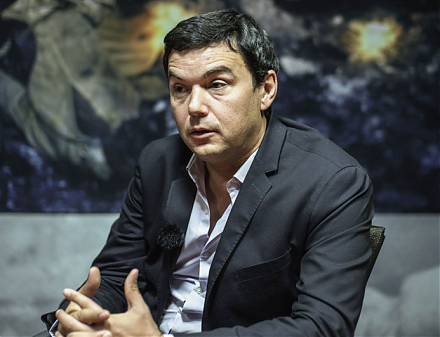
Thomas Piketty's recent new book *Capital in the Twenty-First Century* frames income and wealth inequality now as a global economic phenomenon. When
2018-12-22 14:38:00 Saturday ET
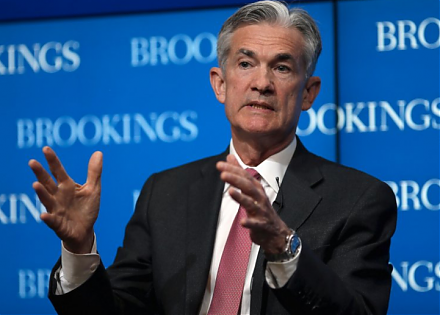
Federal Reserve raises the interest rate to the target range of 2.25% to 2.5% as of December 2018. Fed Chair Jerome Powell highlights the dovish interest ra
2019-01-08 17:46:00 Tuesday ET
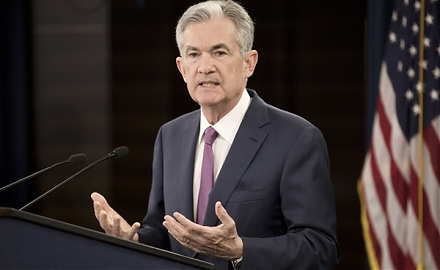
President Trump forces the Federal Reserve to normalize the current interest rate hike to signal its own monetary policy independence from the White House.
2018-01-02 12:39:00 Tuesday ET
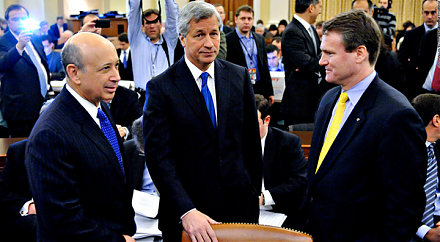
Goldman Sachs takes a $5 billion net income hit that results from its offshore cash repatriation under the new Trump tax law. This income hit reflects 10%-1
2019-08-02 17:39:00 Friday ET
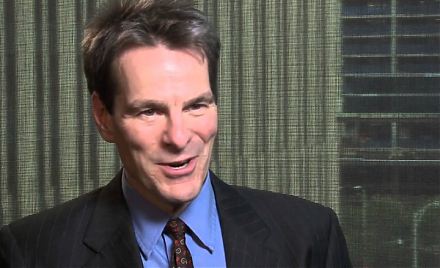
The Phillips curve becomes the Phillips cloud with no inexorable trade-off between inflation and unemployment. Stanford finance professor John Cochrane disa
2019-12-07 11:30:00 Saturday ET

China turns on its 5G telecom networks in the hot pursuit of global tech supremacy. China Telecom, China Unicom, and China Mobile disclose 5G fees of $18-$2